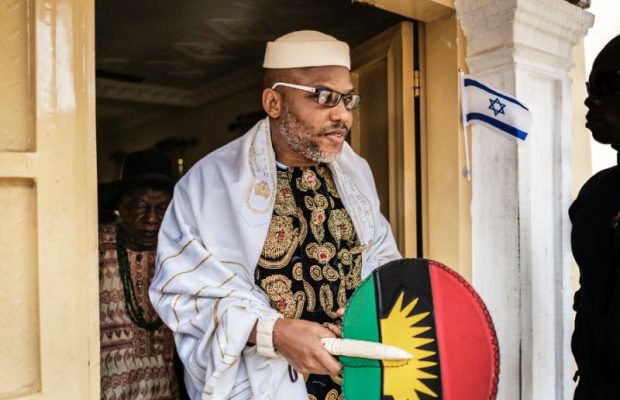
The most discussed subject in Nigeria today is what is called “restructuring” and indeed so popular is this subject that it has attracted the attention of roadside commentators, the bright, the not-so-bright, the mischievous and the outrightly unintelligent all united by the singular claim that Nigeria belongs to all of us and we all have a right to determine its future. The last person who brought up this subject with me is a mechanic in Abeokuta! He had heard about Biafra, the Arewa youths, the President’s absence, Professor Osinbajo, Nnamdi Kanu, what Igbo leaders, Northern leaders and Yoruba leaders have said about restructuring and he wanted a conversation. That’s how democracy works, not so? The inclusiveness is actually very good for us…
But the point I have always made stands proven: that Nigeria remains an unanswered question, more than a century after the amalgamation of 1914. Before and after independence, virtually every government has had to deal with this same question, viz, the national question. Brought together in an unwieldy, unequal and uneven union by the British, Nigeria’s about 400 ethnic nationalities have been unable to transform into one nation, one union, a community of people and communities driven by a common purpose – to create a united, progressive nation, under the umbrella of patriotism and the common good.
We have fought each other since 1950 to date, we did not even all agree on independence, and since that happened, we have been at each other’s throats. We ended up fighting a civil war, and from all indications we are at this moment, seemingly preparing for another one. The laziest excuse is that the British caused all our problems, but more than 50 years after independence it should be clear enough that we are the source of our collective agony.
Other countries who were at the same level with us in 1960 have since moved on and developed into better nations despite their own internal contradictions. Nigerian leaders have perpetually lived in denial. Every step forward has resulted in our country taking two steps backwards. A combination of the big-man-syndrome, the too-know syndrome, the us-before-others-mentality, ethnic politics, sectarian politics, greed, cronyism and a terrible leadership recruitment process has turned our process of nationhood into an unending struggle. Today, fewer Nigerians believe in the idea of Nigeria.
In 1977/78, the Constituent Assembly whose deliberations resulted in the 1979 Constitution almost ended with fisticuffs. The 2005 National Political Reforms Conference did not fare better either, as the Niger Delta conferees staged a walk-out and the politics of Third Term or no Third Term sabotaged the entire process. In 2014, the outcomes of yet another National Conference could not be followed through because a succeeding administration declared it would not even look at the report. At every stage when it looks as if this country is faced with an opportunity to address the national question, certain interest groups erect the roadblocks of denial and wishful thinking. No country can live perpetually in denial. This is the message of former Yugoslavia and the Soviet Union and their disintegration. As for the military, they merely worsened Nigerian politics.
Fifty years after the outbreak of the civil war, we now have a man called Nnamdi Kanu. He may well end up as Nigeria’s nemesis. He is the most frightening product of our many years and acts of denial and he may well throw the country into a nightmare worse than Boko Haram, if care is not taken. He started out as the leader of a group called the Indigenous People of Biafra and as director of Radio Biafra. He and those who bought into his rhetoric of secession and the renewal of the Biafra dream organised protests across the world, and they looked, from afar, like a group of disgruntled Nigerians in the diaspora. In the foreign lands where most of the members lived, they looked like persons over-enjoying the freedom of speech from a safe distance.
They didn’t appear to have the force of MASSOB, which is locally based and seemingly more malleable. The renewed struggle for Biafra that Kanu and his crowd talked about could have been nothing more than an internet and television revolution. But everything went wrong the moment Nnamdi Kanu chose to visit home and he was arrested, detained and taken through a court trial.
Whoever ordered Nnamdi Kanu’s arrest and prosecution did this country a bad turn. Kanu is a character that could have been better ignored. His trial and travails have turned him into a hero and a living martyr among Igbos. And the young man so far, understands the game. Since he was released on bail, he has been taunting the Nigerian state and government.
Daily, he dares those who granted him bail and he laughs at the conditions they gave him. He associates with more than 10 persons. He moves about Igboland freely, like a spirit. He addresses rallies and grants interviews. He has been busy issuing







